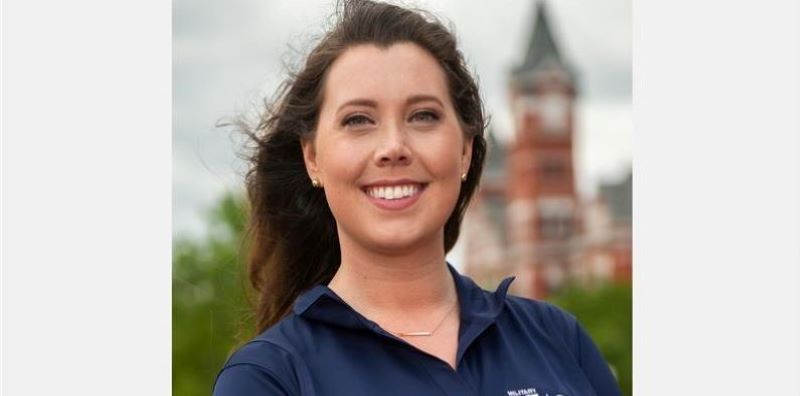Meredith Farnsworth is pursuing a PhD in marriage and family therapy at the University of Georgia and has been a graduate research assistant for Military REACH for almost two years. She is a critical thinker who aims to accomplish tasks thoroughly and continually improve as a writer and scholar. Meredith primarily spends her time writing TRIP reports, research reports, and family focus articles. During her time with REACH, Meredith has:
- Contributed to 37 (and counting!) TRIP reports that are available online
- Written five family focus articles
-
Co-authored two research reports
- Understanding inclusion in child care and youth programs
- Trends in the rates of child sexual abuse over the past twenty years in the United States

